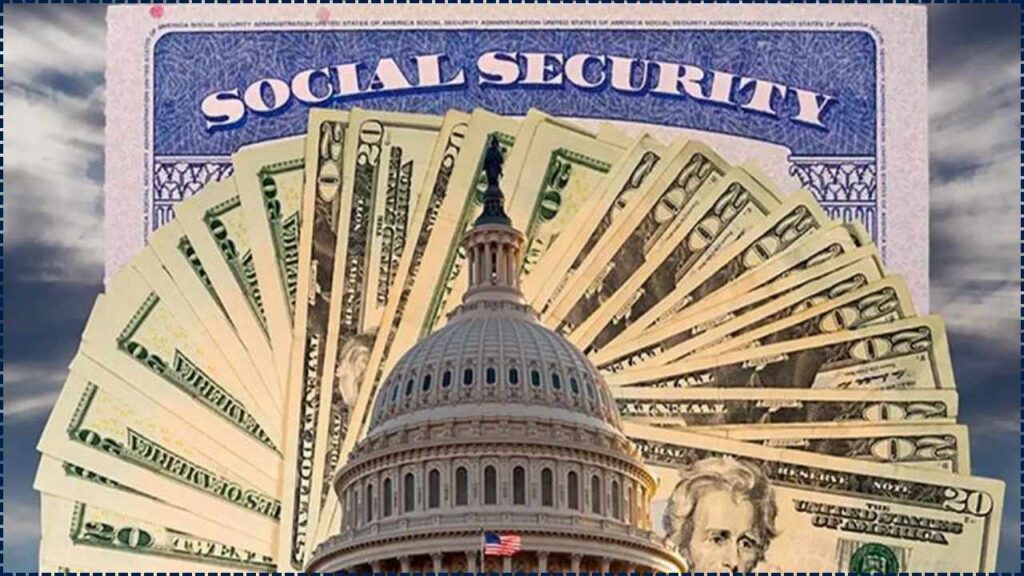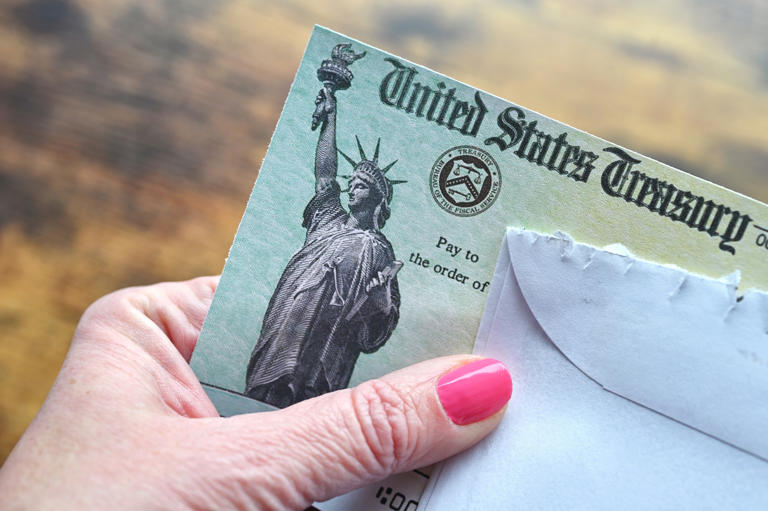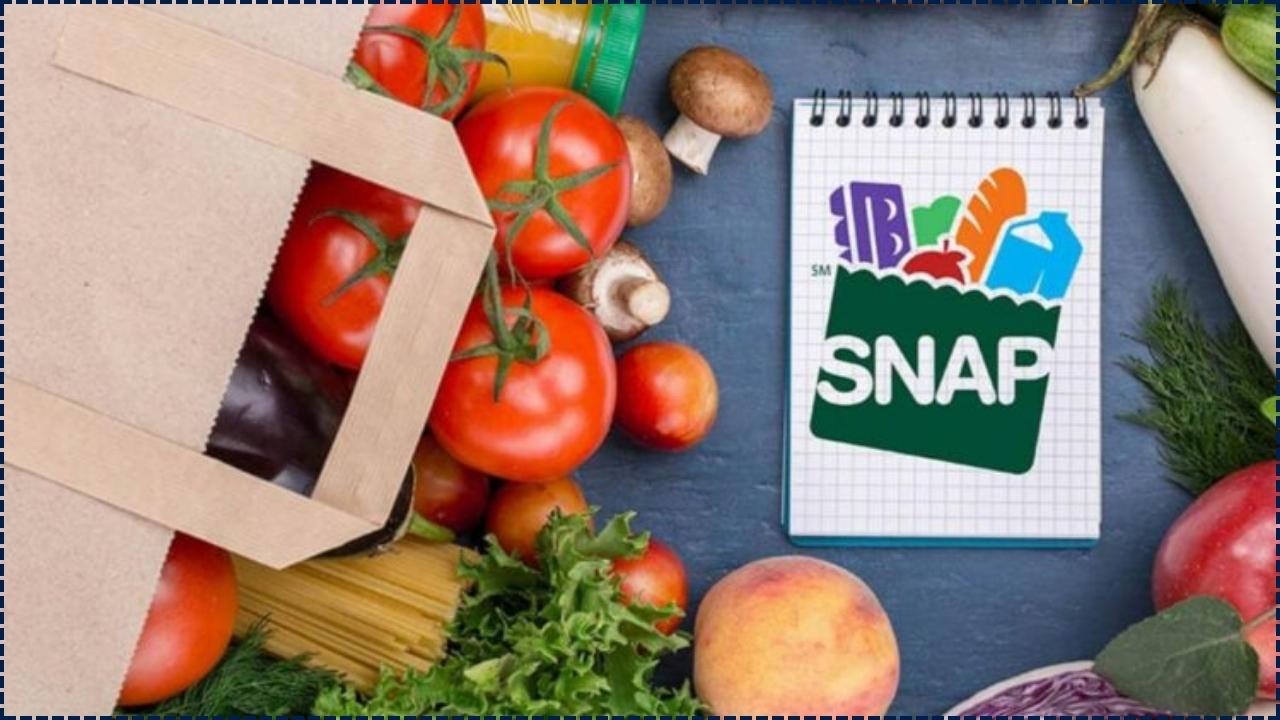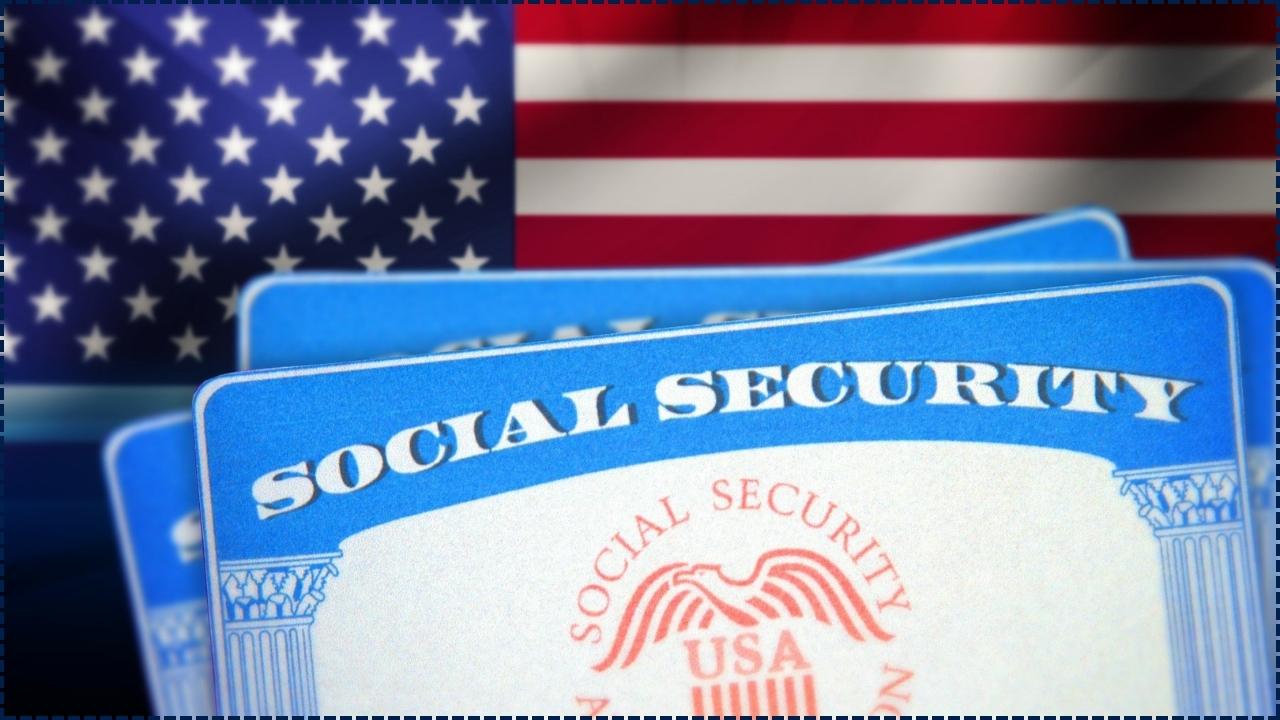The DermaRite Industries hand soap recall highlights how crucial it is to ensure the safety and reliability of the products we use every day. When potential contamination is discovered, quick and responsible action can protect people, especially those most at risk, from serious infections. We encourage consumers and healthcare providers to carefully follow recall guidance, stay alert for any signs of concern, and keep safety first when using hygiene and healthcare products.

Over the years, many government programs have moved toward electronic payments to improve efficiency, save money, and enhance security. This transition not only reflects the growing demand for digital solutions but also aligns with broader efforts to modernize how the government provides services. If you are one of the millions of people who still receive Social Security via paper check, here’s everything you need to know about how this change will affect you—and how to ensure you’re ready before the deadline.
Social Security Scraps Paper Checks
| Key Insight | Details |
|---|---|
| End Date for Paper Checks | September 30, 2025 |
| Primary Payment Methods | Direct Deposit or Direct Express® Debit Mastercard® |
| Current Paper Check Recipients | Approximately 494,000 individuals still receive paper checks |
| Cost Comparison | Paper checks cost about 50 cents each to issue, while electronic payments cost less than 15 cents |
| Security Advantage | Electronic payments are 16 times less likely to be lost or stolen compared to paper checks |
| Assistance Available | Beneficiaries can enroll in electronic payments online or by calling 1-877-874-6347 |
The end of paper checks by September 30, 2025 is a significant step in modernizing the way Social Security payments are processed. By transitioning to Direct Deposit or the Direct Express® card, you can ensure secure, timely, and easy access to your benefits. Don’t wait until the last minute—take action now to avoid any payment disruptions and embrace the convenience and security of electronic payments.

Why Is Social Security Scrapping Paper Checks?
The Social Security Administration’s decision to eliminate paper checks is part of a larger trend toward digital payments and modernization across federal agencies. Here’s why the shift makes sense:
1. Cost Savings for the Government
Paper checks are costly to produce and distribute. It costs around 50 cents to issue each paper check, while electronic payments cost less than 15 cents. Given that the SSA processes over 60 million payments a year, switching to electronic payments can save the government millions of dollars annually. The funds that are saved can then be reallocated to improve services for beneficiaries or invest in other important programs.
2. Improved Security
Paper checks are more susceptible to theft, fraud, and loss. In fact, paper checks are 16 times more likely to be lost or stolen compared to electronic payments. By moving to Direct Deposit or a Direct Express® card, recipients will benefit from a more secure way of receiving their benefits, reducing the risks of identity theft and unauthorized access to funds.
3. Faster and More Reliable Payments
With Direct Deposit, benefits will be deposited directly into your bank account, often on the first business day of the month. Paper checks, on the other hand, can take several days to arrive in the mail and are subject to potential delays, especially around holidays. Electronic payments ensure that beneficiaries receive their funds on time, every time.
4. Environmental Benefits
The move to digital payments is also an environmentally conscious decision. By reducing the reliance on paper checks, the government can help conserve resources and minimize waste. As the world becomes more environmentally conscious, this move aligns with efforts to reduce our carbon footprint.
What Should You Do to Prepare?
If you’re one of the millions of Social Security recipients still relying on paper checks, now is the time to take action. Here’s how to make sure you are prepared before the September 30, 2025 deadline:
1. Enroll in Direct Deposit
Direct Deposit is the most secure and convenient method for receiving Social Security benefits. To set it up:
- Visit the SSA website: Go to www.ssa.gov/myaccount.
- Sign in or create an account: You’ll need a my Social Security account to access Direct Deposit enrollment.
- Enter your bank account information: Provide your routing number and account number to complete the setup.
- If you don’t have a bank account, no worries—read on to learn about alternative methods.
2. Apply for a Direct Express® Card
If you don’t have a bank account, you can still receive your benefits through a Direct Express® Debit Mastercard®. This government-issued card functions just like a debit card, giving you access to your funds at ATMs, online, or at stores. To apply:
- Visit the official Direct Express® website at www.godirect.gov.
- Fill out the application to have the card mailed to you.
- Once you receive the card, you can use it immediately to access your benefits.
3. Seek Assistance if Needed
If you’re having trouble navigating the online system, or if you need help with Direct Deposit enrollment, you can:
- Call the SSA at 1-877-874-6347.
- Visit your local SSA office for assistance.
The SSA also provides in-person support at various community organizations and outreach programs. It’s important to act sooner rather than later to ensure you don’t miss the deadline.
What Happens If You Don’t Act?
If you fail to transition to electronic payments by September 30, 2025, here’s what could happen:
1. Payment Delays
Without electronic payment options, your Social Security payments may be delayed once paper checks are eliminated. Paper checks won’t be processed after the deadline, meaning you might experience a significant delay in receiving your funds.
2. Increased Risk of Fraud
Paper checks can be easily lost, stolen, or altered. With electronic payments, your funds are deposited directly into your account, reducing the chances of fraud or theft.
3. Less Flexibility
Unlike paper checks, which require you to visit the bank to cash them, electronic payments give you the freedom to access your funds anywhere at any time—without relying on postal services.
The Broader Trend Towards Electronic Payments
A Government-Wide Move to Digital Payments
The transition to electronic payments is not limited to Social Security. Other government services, such as Veterans Affairs (VA) benefits, Unemployment Insurance payments, and federal tax refunds, have also moved toward digital payment systems in recent years.
For example, the IRS has been encouraging taxpayers to opt for direct deposit for their refunds instead of receiving paper checks. In 2020, over 90% of taxpayers chose direct deposit for their tax refunds, demonstrating the growing popularity and trust in electronic payments.
This shift is a part of the broader government initiative to modernize payment systems, cut costs, and reduce dependency on paper-based processes. These changes align with efforts to ensure that government services are more accessible, efficient, and secure for all Americans.
Related Links
Social Security August 13: See How Much Retirees Will Get This Week
2026 Minimum Wage Hike? What California Workers Could Earn Per Hour Soon
This State Plans $250 Stimulus for Injured Workers — But Only If You Meet This One Requirement
Financial Literacy and Preparing for the Future
As the government continues to embrace digital payment solutions, it’s essential for individuals, especially seniors, to stay financially literate and prepared for any changes. Here are some tips to ensure you’re managing your money wisely in the digital age:
1. Learn How to Manage Online Accounts
Even if you’re new to digital payments, getting familiar with online banking and payment systems will help you stay in control of your finances. Understanding how to use your Direct Deposit or Direct Express® card can give you greater flexibility and control over your funds.
2. Monitor Your Accounts Regularly
With online banking, it’s easy to monitor your spending and ensure that all payments are accurately received. Make it a habit to regularly check your bank account or Direct Express® card balance to avoid surprises and ensure everything is in order.
3. Protect Your Information
As more payments go digital, protecting your financial information is critical. Be sure to use strong passwords, enable two-factor authentication, and keep your sensitive information secure to prevent fraud or identity theft.
FAQs
1. Why is the SSA ending paper checks?
The SSA is moving to electronic payments to improve efficiency, cut costs, enhance security, and reduce fraud.
2. How can I sign up for Direct Deposit?
Visit www.ssa.gov/myaccount to enroll in Direct Deposit. You’ll need your bank account details (routing number and account number).
3. What if I don’t have a bank account?
You can apply for a Direct Express® Debit Mastercard® at www.godirect.gov. This card functions like a debit card for those without a bank account.
4. What happens if I miss the September 30, 2025 deadline?
If you miss the deadline, you could experience delayed payments and potentially face difficulties in receiving your funds. Paper checks will no longer be issued after the deadline.





